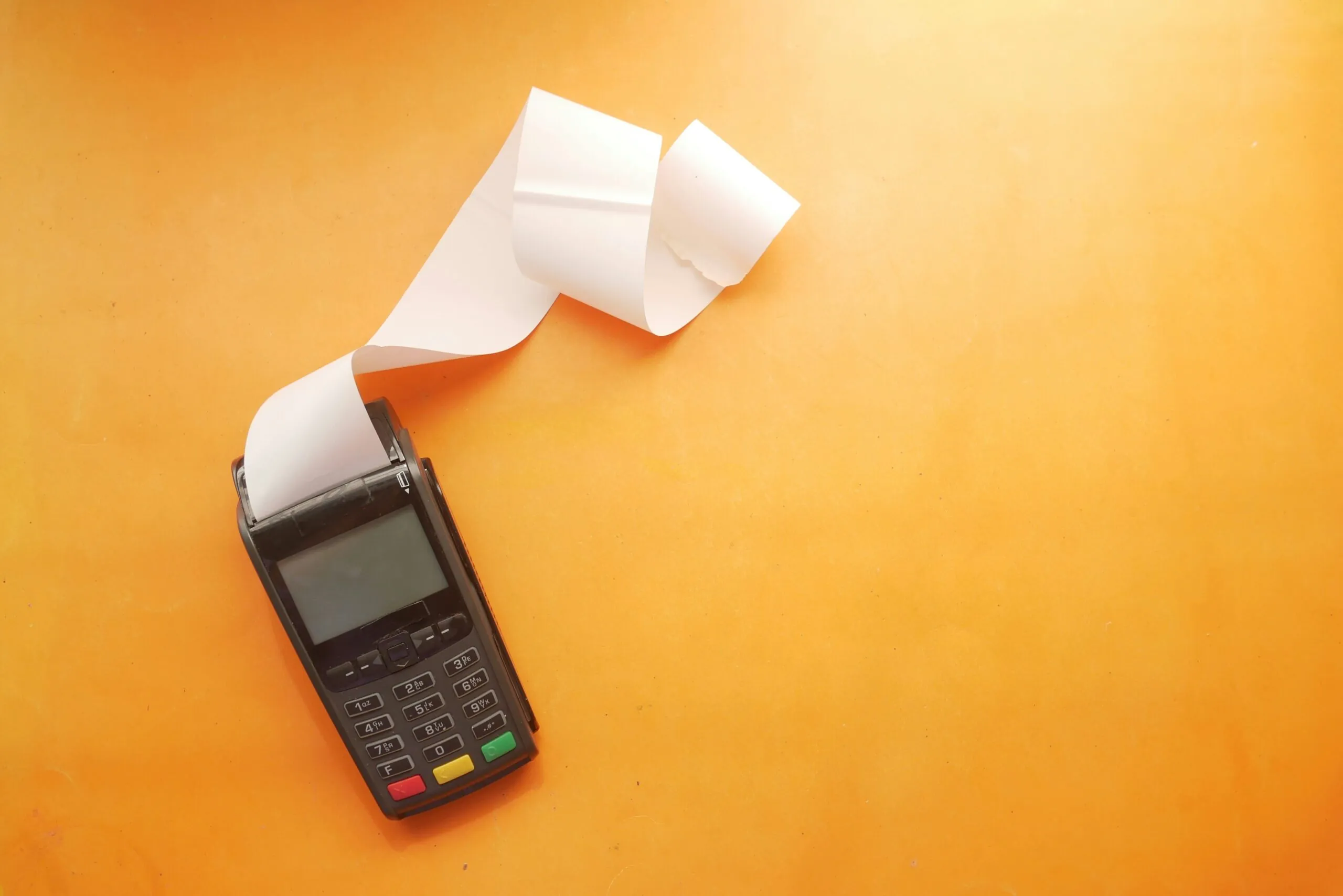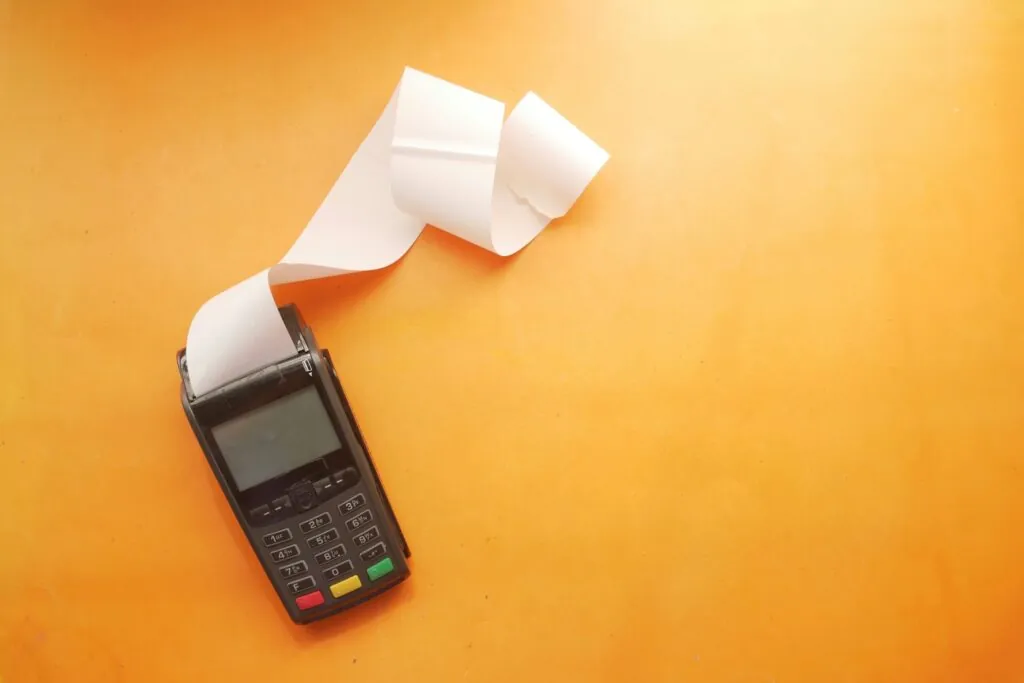Who Pays for Injuries in a Car Accident in Florida?
In the aftermath of a car accident in Florida, one of the primary concerns is determining who is responsible for covering the costs of injuries. Florida’s specific laws and insurance rules play a crucial role in this determination.
Understanding who pays for injuries in a car accident is essential for victims seeking compensation for their medical expenses, lost wages, and other related costs. This article explores the various aspects of financial responsibility in car accidents in Florida, including the role of insurance and legal considerations.
Florida’s No-Fault Insurance System
Florida’s no-fault insurance system primarily shapes how injuries are compensated following a car accident. Under this system, each driver is required to carry Personal Injury Protection (PIP) insurance.
- Coverage by PIP: PIP insurance covers medical expenses, a portion of lost wages, and death benefits irrespective of who was at fault in the accident. The coverage typically extends to the policyholder, their household members, and passengers who may not have PIP insurance.
- Limitations of PIP: PIP coverage has its limitations in terms of the maximum amount payable, which is usually up to $10,000 in medical and disability benefits and $5,000 in death benefits. It covers 80% of medical expenses and 60% of lost wages.
- Circumventing the No-Fault System: In cases of severe injuries, Florida law allows victims to step outside the no-fault system and pursue a claim against the at-fault driver. This is applicable when the injuries meet a certain severity threshold, such as significant and permanent loss of a bodily function, permanent injury, significant and permanent scarring or disfigurement, or death.
Understanding the nuances of the no-fault system is crucial for anyone involved in a car accident in Florida, as it directly impacts how injury claims are handled and what compensation is available.
Seeking Compensation Beyond PIP Coverage
In cases where the injuries from a car accident in Florida are severe and the costs exceed the PIP coverage limits, victims have the option to seek additional compensation. This often involves filing a liability claim against the at-fault driver.
Such a claim can cover more extensive medical expenses, full lost wages, pain and suffering, and other damages not covered by PIP. In situations where the at-fault driver has Bodily Injury Liability (BIL) insurance, this can also be a source of compensation. BIL insurance, while not mandatory in Florida, covers injuries to others when the policyholder is responsible for an accident.
Uninsured and Underinsured Motorist Coverage
For scenarios where the at-fault driver lacks sufficient insurance coverage or in hit-and-run accidents, your own Uninsured/Underinsured Motorist (UM/UIM) coverage can provide necessary financial protection.
This type of coverage, which is optional in Florida, can bridge the gap between what PIP covers and the actual costs incurred due to the accident, ensuring you are not left with unmanageable expenses.
Legal Action for Recovery of Damages
In certain situations, particularly when insurance coverages are inadequate to cover all damages, or there is a dispute over fault, legal action may become necessary. Filing a personal injury lawsuit can be a viable route to seek adequate compensation for all related costs, including medical expenses, lost income, and pain and suffering.
In Florida, it’s important to be aware of the statute of limitations for personal injury claims, which is generally four years from the date of the accident. Adhering to this timeframe is crucial to maintain the right to pursue legal action and seek the compensation you deserve.
The Role of Attorneys in Car Accident Injury Claims
Navigating the complexities of injury claims after a car accident in Florida often requires the expertise of a personal injury attorney. Attorneys can evaluate the specifics of your case, including the severity of your injuries and the coverage available from insurance policies. They play a crucial role in negotiating with insurance companies, ensuring that settlement offers are fair and adequately cover your damages. In cases where litigation is necessary, a skilled attorney can represent your interests in court, advocating for your right to full compensation.
The Importance of Evidence in Supporting Claims
Effective evidence is key to substantiating claims for injuries sustained in a car accident. Medical records that document the nature and extent of the injuries, as well as their impact on your life, are fundamental. Additional evidence may include witness statements, police reports, and documentation of lost wages. The more comprehensive and detailed the evidence, the stronger your claim will be, whether negotiating with insurance companies or presenting your case in court.
What is the Full Scope of Recoverable Damages?
In a car accident injury claim in Florida, the recoverable damages can extend beyond immediate medical costs. It’s important to consider the full scope of damages, including future medical expenses, ongoing therapy or rehabilitation, lost earning capacity, and pain and suffering.
An accurate assessment of these damages ensures that any compensation received is comprehensive and reflects the true impact of the accident on your life.
Contact Lawlor, White & Murphey Today
Determining who pays for injuries in a car accident in Florida involves navigating the state’s no-fault insurance system, potential liability claims, and sometimes, legal action. The process can be complex, with various factors influencing the outcome.
Seeking the assistance of a knowledgeable personal injury attorney can provide valuable guidance and representation. Understanding your insurance coverage, the legal options available, and the importance of solid evidence are crucial in securing fair compensation for your injuries and losses. Contact Lawlor, White & Murphey today at 954-525-2345 or book a consultation online to schedule a free, no-obligation consultation.

